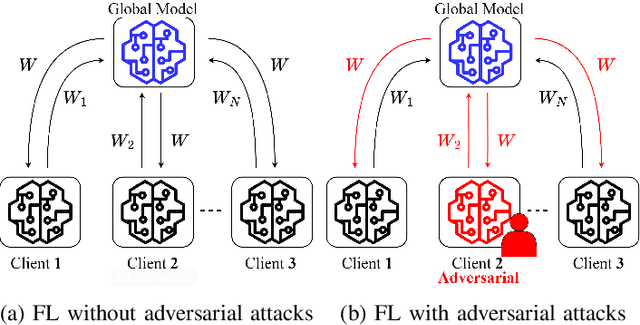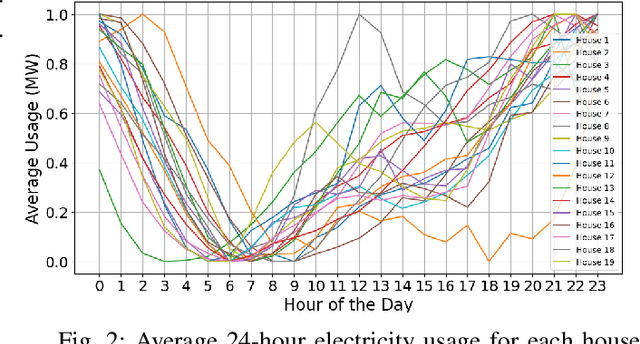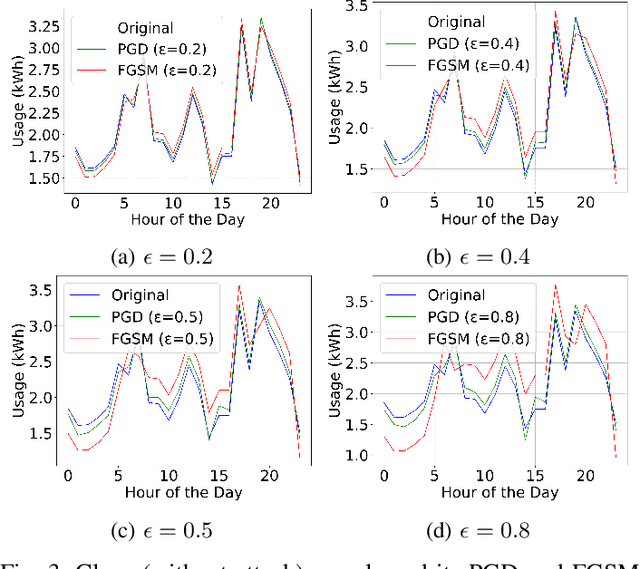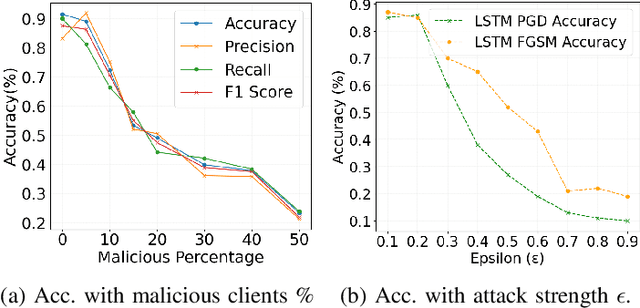Damitha Senevirathne
Federated Learning for Anomaly Detection in Energy Consumption Data: Assessing the Vulnerability to Adversarial Attacks
Feb 07, 2025



Abstract:Anomaly detection is crucial in the energy sector to identify irregular patterns indicating equipment failures, energy theft, or other issues. Machine learning techniques for anomaly detection have achieved great success, but are typically centralized, involving sharing local data with a central server which raises privacy and security concerns. Federated Learning (FL) has been gaining popularity as it enables distributed learning without sharing local data. However, FL depends on neural networks, which are vulnerable to adversarial attacks that manipulate data, leading models to make erroneous predictions. While adversarial attacks have been explored in the image domain, they remain largely unexplored in time series problems, especially in the energy domain. Moreover, the effect of adversarial attacks in the FL setting is also mostly unknown. This paper assesses the vulnerability of FL-based anomaly detection in energy data to adversarial attacks. Specifically, two state-of-the-art models, Long Short Term Memory (LSTM) and Transformers, are used to detect anomalies in an FL setting, and two white-box attack methods, Fast Gradient Sign Method (FGSM) and Projected Gradient Descent (PGD), are employed to perturb the data. The results show that FL is more sensitive to PGD attacks than to FGSM attacks, attributed to PGD's iterative nature, resulting in an accuracy drop of over 10% even with naive, weaker attacks. Moreover, FL is more affected by these attacks than centralized learning, highlighting the need for defense mechanisms in FL.
 Add to Chrome
Add to Chrome Add to Firefox
Add to Firefox Add to Edge
Add to Edge